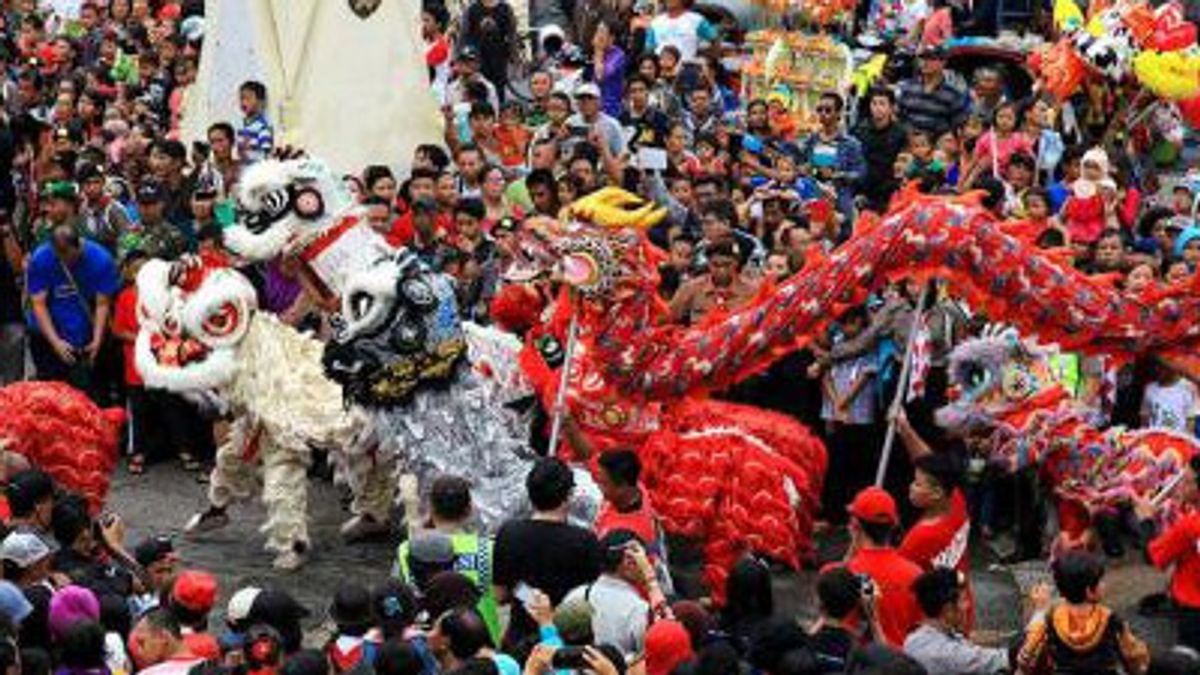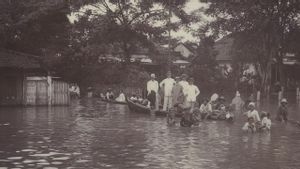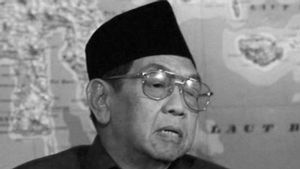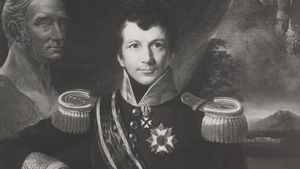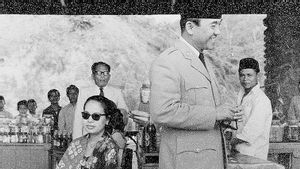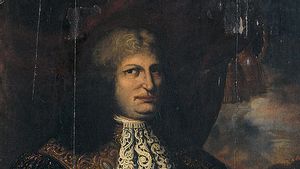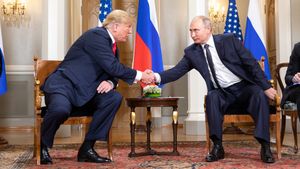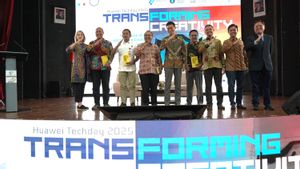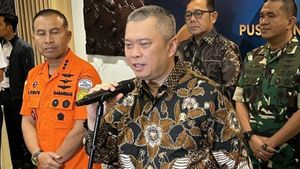JAKARTA – Today's history, 23 years ago, on January 17, 2000, President Abdurrahman Wahid (Gus Dur) allowed ethnic Chinese to celebrate holidays – including Chinese New Year – in public. The permit was granted by Gus Dur in the form of Presidential Decree (Keppres) No. 6 of 2000.
Previously, all forms of Chinese celebrations in public were prohibited by the New Order government. The prohibition was carried out by the owner as a measure to anticipate the disintegration of the Indonesian nation. Alias, celebration of Chinese culture is considered as an obstacle to the nation's assimilation process.
The presence of Chinese people in the archipelago has existed since time immemorial. The spice trade in the past is behind it. The trade also made some of them choose to settle down and reproduce in the archipelago.
Their presence was even more special when the Dutch trading company, VOC, perpetuated its power. The VOC, the behavior of the Dutch East Indies colonial government made the Chinese people special citizens.

They are given special privileges that exceed the natives. This narrative was strengthened by making the Chinese people second-class citizens in the Dutch East Indies (now: Indonesia). That is, ethnic Chinese are considered to be above the natives who incidentally are the hosts.
The narrative then changed when Indonesia became independent. Things turned around. The natives occupy the main power. The fate of the Chinese people is increasingly marginalized. Especially during the era of Soeharto and New Order government. Those in power have consistently limited, suppressed, and issued discriminatory policies against the Chinese people.
The issuance of Presidential Decree No. 14 of 1967, for example. The presence of the Presidential Decree limited the way of life of Chinese people in the archipelago. The decision stipulates that Chinese worship and celebrations can only be carried out privately and individually.
This activity cannot be carried out on a large scale. The reason is because the Chinese are often associated with being part of the Communists. This is because Indonesia was previously traumatized by the events of the September 30 Movement (G30S).

"Considering that China's religion, beliefs, and customs in Indonesia are centered on their ancestral country, which in its manifestations can cause an unnatural psychological, mental and moral influence on Indonesian citizens.
So it is a barrier to the process of assimilation. It needs to be regulated and its function placed in a reasonable proportion," President Soeharto's considerations were written in his Presidential Decree.
The New Order's policies, which were considered discriminatory, lasted a long time. However, it was only during the Gus Dur administration that this policy was aborted. The 4th President of Indonesia issued a new Presidential Decree No. 6 of 2000 which was issued on January 17, 2000.
Its contents abort Presidential Decree No. 14 of 1967 the New Order era. As a result, Chinese people in the archipelago can hold large traditional and religious celebrations – including Chinese New Year – without having to get permission here and there. For Gus Dur the attempt to ban ethnic Chinese was an act of violating human rights.

"First, revoke Presidential Instruction No. 14 of 1967 concerning Religion, Beliefs and Customs of China. Second, with the enactment of this Presidential Decree, all existing implementing provisions as a result of Presidential Instruction No. 14 of 1967 concerning Religion, Beliefs and Customs of China declared invalid."
"Third, with this the implementation of Chinese religious activities, beliefs and customs is carried out without special permission as has been going on so far," stated Gus Dur's Presidential Decree.
SEE ALSO:
The English, Chinese, Japanese, Arabic, and French versions are automatically generated by the AI. So there may still be inaccuracies in translating, please always see Indonesian as our main language. (system supported by DigitalSiber.id)
